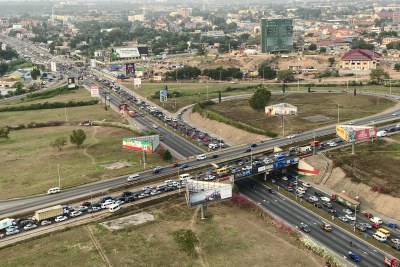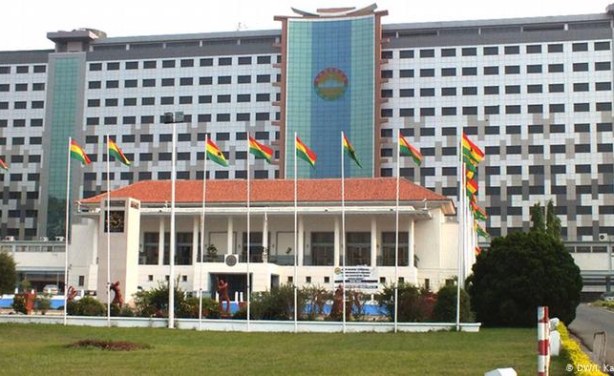-
Ghana: Domestic Debt Restructuring Has Stalled - Four Reasons Why
The Conversation Africa, 25 January 2023
Ghana is facing multiple financial and economic challenges and has requested a US$3 billion bailout from the International Monetary Fund (IMF) to help it restore macroeconomic… Read more »
Ghana Debt Recovery Plan Stalls
In December 2022, the Ghanaian government formally launched the country's domestic exchange programme as part of measures to restructure and bring the country's debt portfolio to sustainable levels, with a call on citizens to support the rollout.
The government also appealed to the International Monetary Fund to help restore macroeconomic stability. The IMF assistance - which is yet to be approved by the fund's executive board - is conditional to the country bringing its public debt down to more manageable levels from the currently estimated 105% of GDP to 55% in present value terms by 2028. The government also needs the buy-in of bond-holders.
Theophilus Acheampong analyses for The Conversation, four reasons why those who lent money to the government by buying bonds will have to agree to the restructuring, such as a longer repayment period, and why the buy-in is stalling.
InFocus
-
The country has suspended payments on its Eurobond, commercial term loans, and on most of its bilateral debt, a week after a U.S. $3 billion agreement with the International ... Read more »
-
The government has formally launched Ghana's Domestic Exchange Programme as part of measures to restructure and bring the country's debt portfolio to sustainable levels, with a ... Read more »




